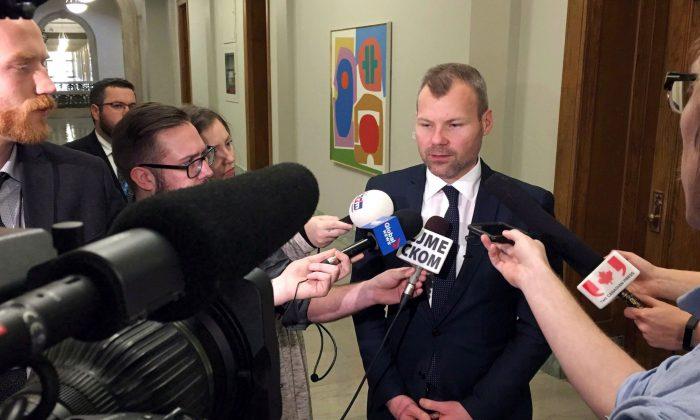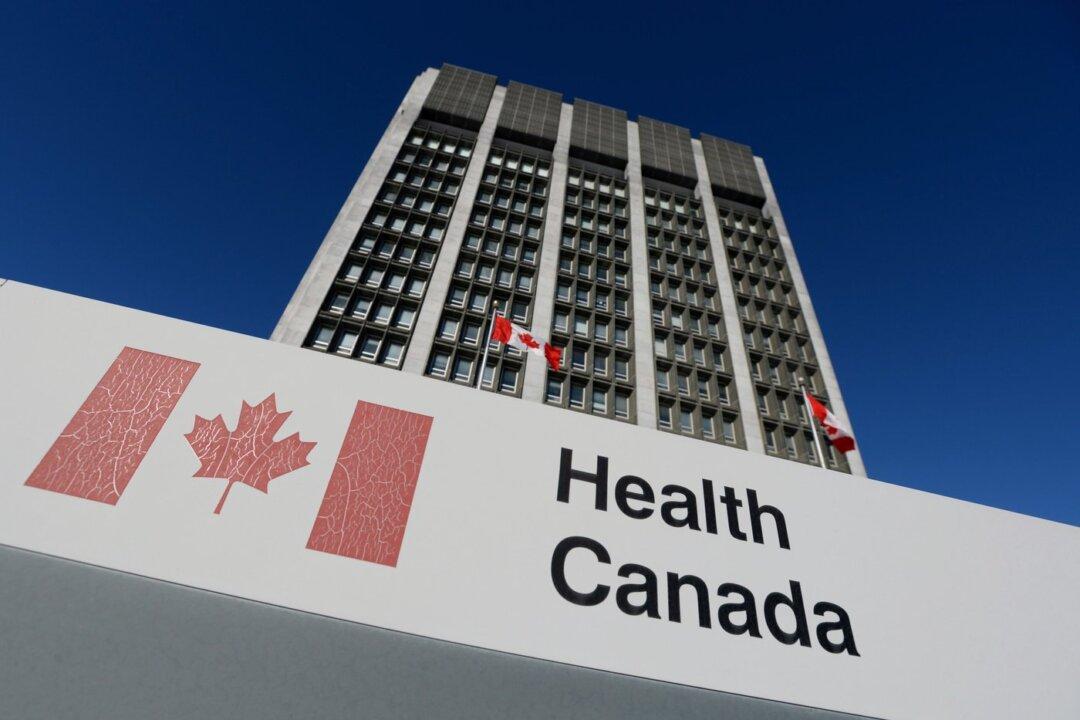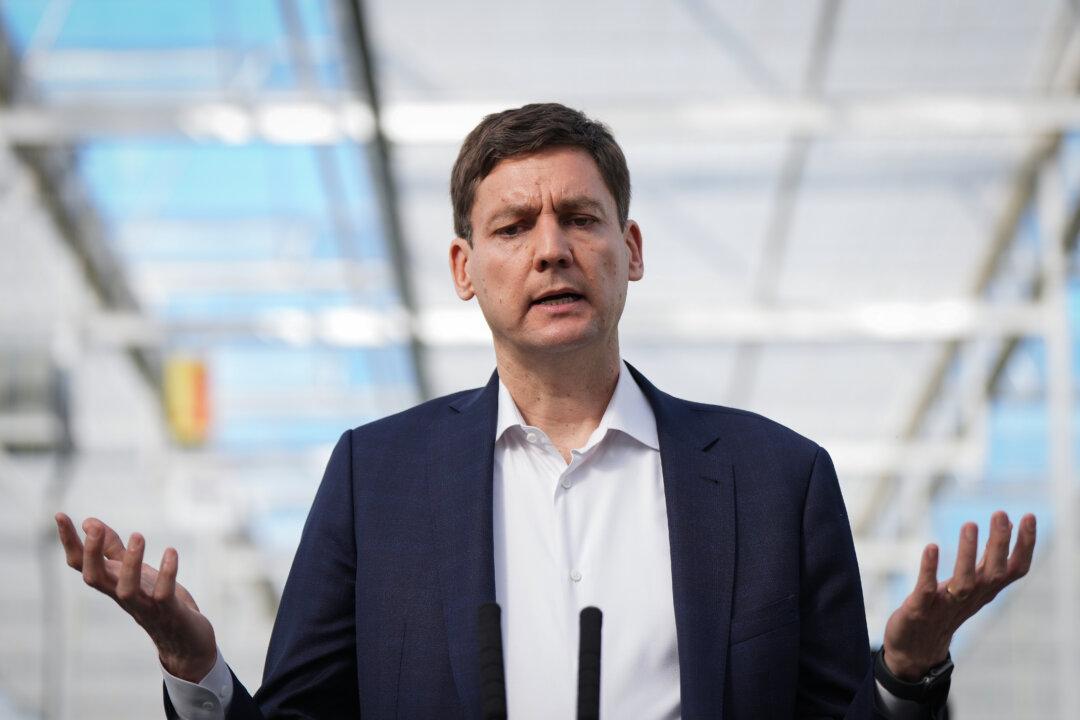Saskatchewan digs in heels on carbon tax
The Saskatchewan government is doubling down on its climate change strategy and continues to defy Ottawa’s demand it put a price on carbon emissions.Environment Minister Dustin Duncan says the province is expanding emission limits based on production for facilities such as potash mines and pulp mills. He says the emission limits have already been announced for electricity generation and methane from oil and gas.
Saskatchewan is asking the Court of Appeal to rule on whether Ottawa’s plan to impose a carbon tax on any province that doesn’t have one is unconstitutional.
Manitoba facing major crystal meth crisis
While other regions of Canada are coping with an opioid epidemic, crystal meth has become the drug of choice in Manitoba.The Addictions Foundation of Manitoba says meth use increased by more than 100 percent in adults and nearly 50 percent in youth since 2014.
The province’s chief medical examiner says meth was involved in 35 overdose deaths in 2017, up from 19 the year before. In contrast, fentanyl was involved in 14 fatal overdoses and carfentanil, a synthetic opiate about 100 times more powerful, was involved in 32.
Ending ‘birth tourism’ part of ending birthright citizenship: Scheer
Conservative Leader Andrew Scheer says ending “birth tourism” is an objective of a controversial policy passed by Conservative delegates at the biennial convention in Halifax, which seeks to end birthright citizenship.As backlash mounted on social media, Scheer said in a statement that while the policy in question did not “clearly focus” on ending birth tourism, “ending birth tourism will be among the objectives of our policy.”
Ottawa, Inuit agree on compensation for forced relocation in 1950s
Inuit who were forcibly removed from their traditional lands in the 1950s have reached a compensation deal with the federal government.The lawyer who represents them says Ottawa has agreed to pay $5 million to a society for the descendants of dozens of Inuit who were relocated.
Steven Cooper says the Inuit from Ennadai Lake in Nunavut’s southwestern corner starved and died as a result of the move.
Their plight became publicized through the work of Canadian writer Farley Mowat, as well as in large publications such as Life magazine.






Friends Read Free